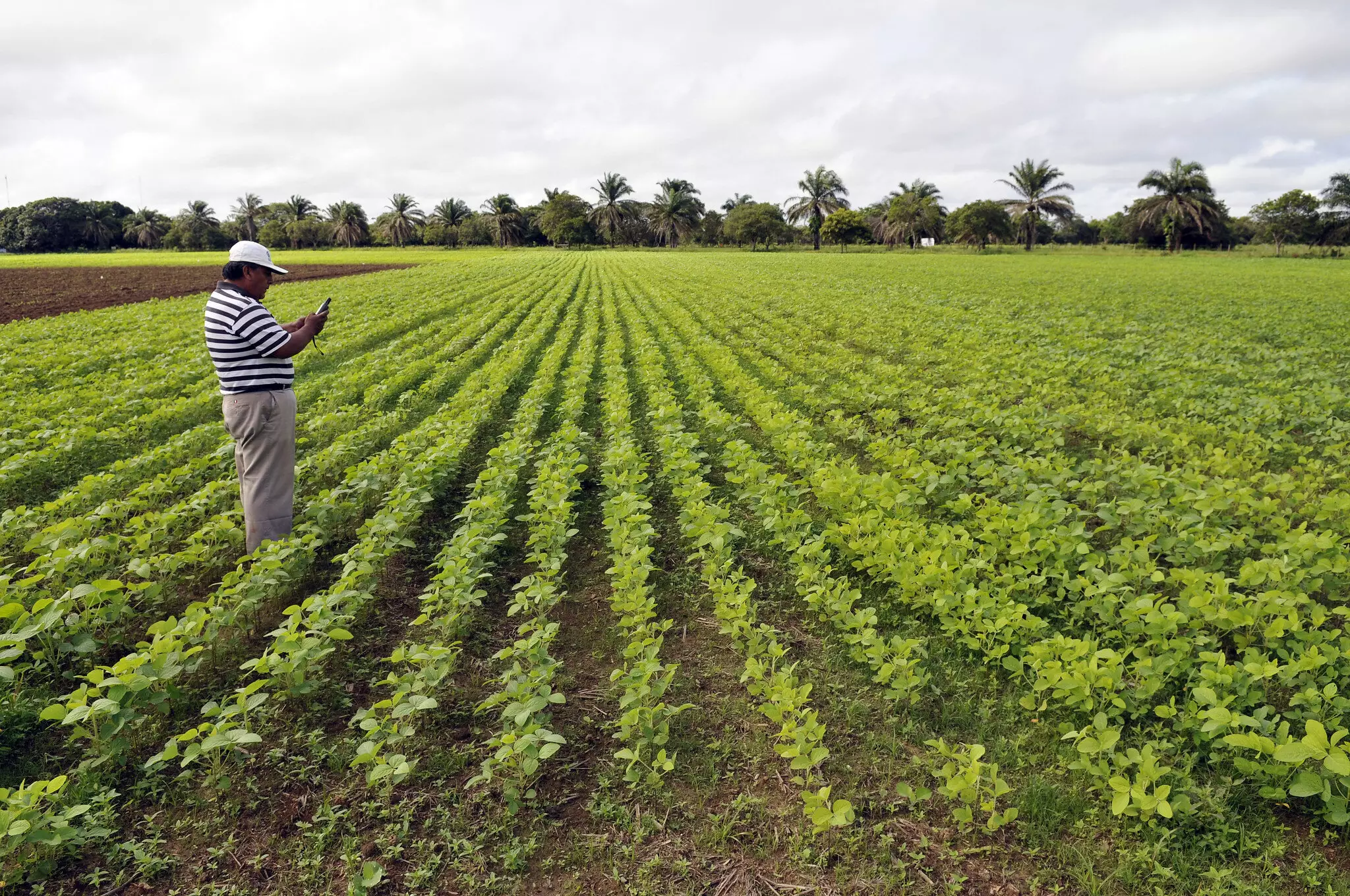Foreign direct investments (FDI) have often been heralded as a lifeline for developing economies, providing an influx of capital that can stimulate growth, create jobs, and foster competition. However, there exists a troubling paradox within industries such as agriculture, particularly in tropical regions. While FDI can indeed contribute positively to an economy, its relationship with the environment is often marked by exploitation and degradation. Research indicates that the influx of capital into agricultural ventures can lead to expansive deforestation and biodiversity loss, especially in regions where forests are still thriving.
The agricultural sector is a principal driver of deforestation in tropical areas, places that are essential for maintaining global ecological balance. The question now arises: is FDI in food systems simply another form of extractive industry? This line of inquiry has not only significant environmental implications but also challenges the underlying economic models that have long been synonymous with development in these regions.
FDI, Urbanization, and Their Environmental Footprint
Recent studies have exposed a glaring oversight in current discourses around deforestation linked to FDI. While many policies focus on export-oriented agriculture, they fail to scrutinize domestic consumption patterns that have been heavily influenced by urbanization and foreign investments. Janelle Sylvester, a leading researcher in the field, argues that urban areas, propelled by the pressures of FDI, have significantly altered consumption trends, contributing to ecological harm. By analyzing the proximate drivers of deforestation across 40 tropical and subtropical countries, research elucidates that urban growth and FDI are at the forefront of tree cover loss, outpacing economic indicators like GDP and population growth.
Furthermore, the shift towards “supermarketization” of diets has also exacerbated the situation. As urban populations grow and consume more processed foods, the demand for agricultural inputs—many of which come from deforested lands—rises dramatically. This new consumption model not only impacts the forests but also raises serious concerns regarding malnutrition and associated health conditions, such as obesity and diabetes. Ironically, while foreign investments could promote economic development, they simultaneously fuel destructive consumption patterns that jeopardize the very ecosystems that sustain life.
Machine Learning: A New Lens for Understanding Deforestation
The deployment of advanced machine learning algorithms reveals critical insights into the complex relationship between agricultural practices and deforestation. In their groundbreaking research, scientists utilized eXtreme Gradient Boosting (XGBoost) to unpack the multifaceted drivers of tree cover loss. This advanced analytical approach is a game-changer in understanding regional and global patterns of deforestation. For the first time, researchers have integrated a comprehensive food system perspective, moving beyond traditional analyses which often focus solely on agricultural production.
By examining 12 drivers encompassing production, consumption, and distribution, the findings emphasize the importance of adopting a holistic food system framework. This perspective challenges policymakers and investors alike to recognize the broader implications of FDI in agriculture. Janelle Sylvester’s assertion that “focusing solely on exports is insufficient” resonates deeply in this context. To mitigate deforestation effectively, we must address both local consumption shifts and the global dynamics brought about by FDI.
Redefining FDI to Support Sustainable Development
The implications of FDI extend beyond immediate economic benefits; they influence land-use values, alter agricultural practices, and pose risks to environmental sustainability. As demand for arable land escalates, land values trend upward, making agricultural ventures more lucrative, yet also riskier for the environment. This dynamic complicates efforts to establish a sustainable agricultural framework that aligns FDI with ecological health.
Currently, the debate surrounding FDI in agriculture must pivot towards fostering investments that champion sustainability. Research advocates for heightened scrutiny over FDI proposals, recommending that potential environmental impacts be thoroughly evaluated. Moreover, implementing standards akin to the European Union’s regulations could incentivize foreign investors to prioritize sustainability in their operations. Public awareness campaigns highlighting the environmental and health impacts of food systems should also gain prominence, encouraging citizens to engage more critically with their consumption choices.
Building a Sustainable Future Through Inclusive Policymaking
The interplay between agriculture and FDI underscores a critical need for inclusive policymaking that addresses not only economic metrics but also ecological preservation. Aimed at leveraging the substantial promise that FDI holds without sacrificing environmental integrity, such policies should navigate the delicate balance between development and sustainability.
The current trajectory of deforestation linked to FDI in tropical agriculture presents an urgent challenge, yet also an opportunity. By reshaping how we view investments in agricultural systems—from mere economic transactions to commitments to holistic sustainability—we can forge a pathway that not only protects our forests but also nourishes the planet’s inhabitants. Future research will strive to illuminate how FDI influences land prices and broader implications for ecological stewardship, making the case for a reimagined approach towards agricultural investments in developing economies.

